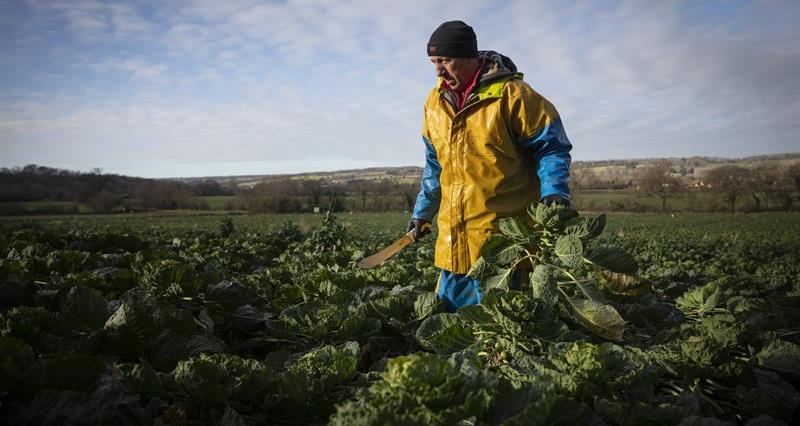What is the National Living Wage?
The NLW (National Living Wage) rate is the minimum hourly rate that must by law be paid to all employees and workers over the age of 21 years. Lower minimum rates of pay apply to persons under the age of 21 years and to apprentices.
The NLW rate applicable from 1 April 2025 to 31 March 2026 is £12.21.
Minimum wage rates applicable from 1 April 2024 are:
| 21 years and over | 18-20 years of age | Under 18s | Apprentice | Accommodation offset (per day) | |
| April 2024 | £11.44 | £8.60 | £6.40 | £6.40 | £9.99 |
| April 2025 | £12.21 | £10 | £7.66 | £7.55 | £10.66 |
Apprentices are entitled to the apprentice rate if they are either:
- aged under 19
- aged 19 or over and in the first year of their apprenticeship.
How can I check I’m paying the correct rate?
As an employer, you need to be aware that NLW and NMW rates increase on 1 April 2025. You should ensure that workers are paid correctly according to the new rates.
Even if you are paying your workers at or above the National Living Wage or National Minimum Wage, you could still be underpaying them. This can easily happen when an employer makes wage deductions or doesn’t pay for all time worked.
Take these simple steps to meet your legal responsibilities and avoid falling foul of the law:
- You can check the new rates on the government’s website at: GOV.UK | Check your pay.
- Identify which staff are eligible for the new rate.
- Update the company payroll and communicate the changes to staff as soon as possible.
- Call the Acas helpline on 0300 123 1100 for advice and support to understand what you need to do to pay workers correctly. NFU members can also contact NFU Callfirst on 0370 845 8458 for employment advice.
Accommodation offset
There is a maximum rate an employer can charge a worker for accommodation while still ensuring compliance with the National Minimum Wage and the National Living Wage. It is designed to protect workers who are the lowest earners.
No other benefits count towards the minimum wage (eg, childcare vouchers, a company car, or food).
The rate from April 2025 is £10.66 per day.
The level set bears no relationship to market rates for accommodation.
If the employer includes charges to the worker’s wages for factors such as gas, electricity or laundry, that amount must be included in the daily rate. If the worker is responsible for paying the utility companies directly, the accommodation offset rules do not apply to those bills.
In order for accommodation offset to apply, the accommodation must meet two conditions:
- Be provided by the employer, and this includes being let by the employer or a third party.
- Be ‘living accommodation’. This means the worker must be able to live an ‘independent domestic life’ with access to and free use of a toilet, bed and washing facilities. The facilities can be shared with other occupiers.
Penalties of underpayment of NMW/NLW can be at 200% of the underpayment and between £100 minimum up to a maximum of £20,000 penalty notice per worker. There is also the possibility of criminal sanctions, ‘name and shame’ and/or a claim at the Employment Tribunal.
Workers in England must be paid at least the NMW/NLW. Agricultural workers employed before 1 October 2013 still have the right to the Agricultural Wages Order 2012 which contains different rules on accommodation offset.
In Wales, the Agricultural Wages (Wales) Order 2025 sets the accommodation offset rates and a distinction is made between accommodation provided for the better performance of duties and other accommodation.
Agricultural Wages Order Wales
Additionally, The Agricultural Wages (Wales) Order 2025 comes into force on 1 April 2025. It replaces the Agricultural Wages (Wales) Order 2024 and increases the minimum wage rates and allowances.
The new increased rates apply to all categories of agricultural workers and includes pay protection for any worker who may lose out as a result of earlier changes to the grading structure. Full details of the minimum rates of pay can be found on the Welsh government’s website.
It is also important to remember that agricultural workers in England who were employed prior to 1 October 2013 will still benefit from the enhanced provisions contained within the Agricultural Wages Order 2012 if they are more generous that the NMW and unless they have subsequently agreed new terms and conditions.
More from NFUonline:


